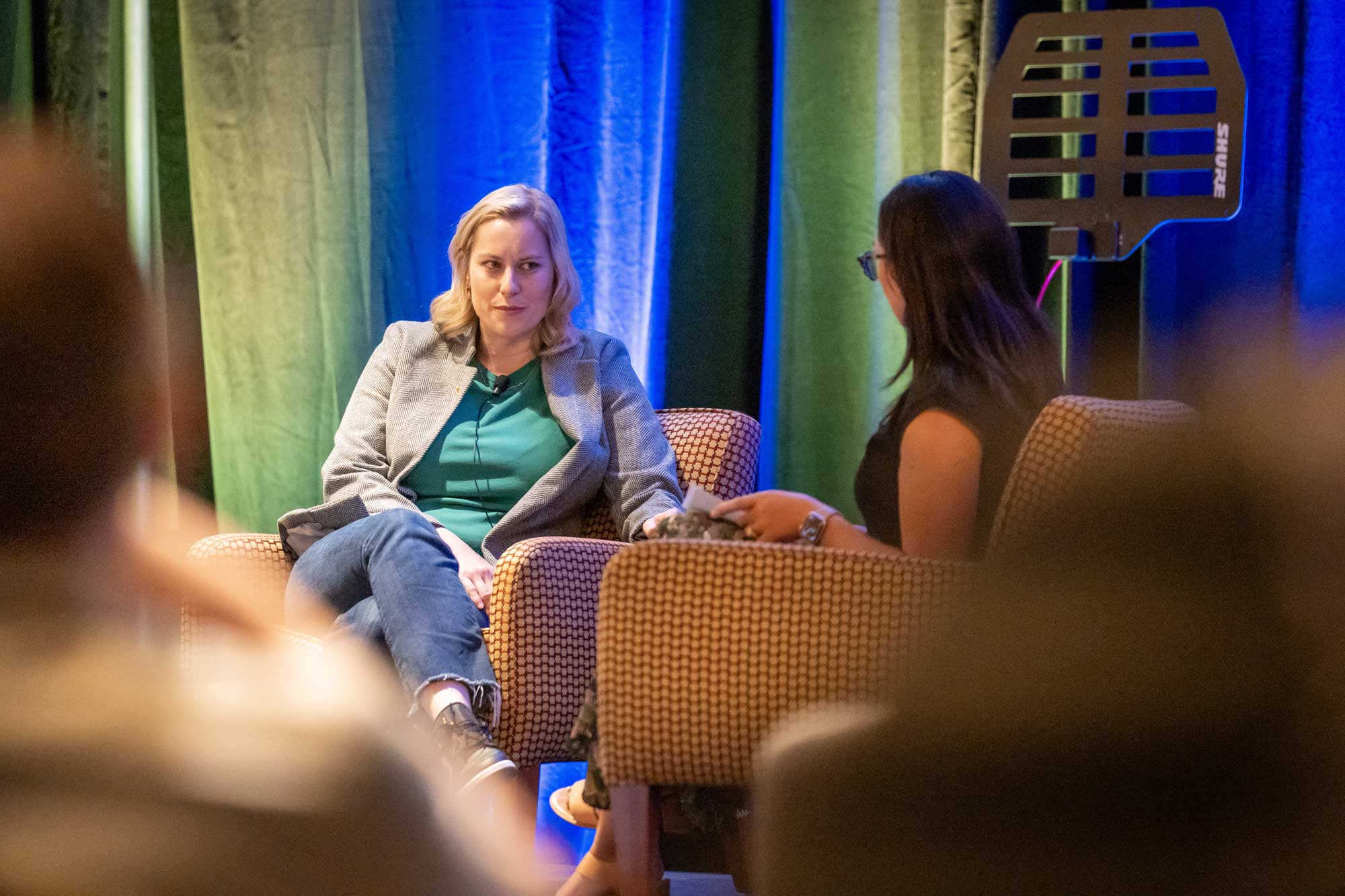Less than a year after clearing their backlog and bringing wait times down, the WordPress Plugin Review Team is facing a new challenge: volume. Plugin submissions have nearly doubled, driven by a rise in AI tools — and developers eager to put them to use.
In a post published Wednesday, David Pérez, a Hostinger-sponsored Plugin Review Team contributor, described the surge as “great news” for the ecosystem.
“We highly appreciate developers betting on WordPress to include Artificial Intelligence and improve integration and functionalities for users,” he wrote.
“This year, we are also managing to keep the average waiting time for the first review at a minimum. We work hard every day to maintain this commitment and avoid long delays that could discourage new plugin development.”
According to Pérez, the spike began in September 2024 and has continued steadily into 2025, with sharp growth in plugins offering features like chatbots and virtual agents, content generation, ecommerce, SEO, multimedia generation, and translation.
Behind the scenes, the Plugin Review Team has worked to keep review times low and submission quality high. As previously reported by The Repository, the plugin review team faced a massive backlog of 1,260 plugins awaiting review following the departure of longtime rep Mika Epstein in July 2023. Developers were told to expect a 91-day wait for an initial review. By October 2024, Pérez shared on X that the queue was down to zero with a wait time of seven days.
The turnaround was the result of sustained effort by a small group of dedicated contributors, as well as process changes like automated replies, better triage tools, and the introduction of the team’s Plugin Check plugin. Pérez said that since September 2024, the plugin has been integrated directly into WordPress.org for automatic reviews, improving review speed and reducing issues by 41%.
Still, the new wave of submissions has introduced challenges. On a recent episode of the Crossword podcast, plugin reviewer Luke Carbis said a growing number of plugins appeared to be generated with the help of AI — often by developers who don’t fully understand the code they’re submitting.
Carbis also raised concerns about long-term maintenance, especially for plugins created quickly without a plan to support or update them. In some cases, he added, plugin authors were also responding to review feedback using AI tools.
While the Plugin Review Team has no formal policy on AI-generated plugins, Carbis framed the issue as one of trust, time, and respect for contributors.
“If I’m putting in more time into your plugin review than you are building it in the first place, I think that that is bad manners,” Carbis said.
“If you copy the plugin review that I just sent you, paste it into an LLM, and don’t even add any prompts… it’s just responding… it’s not even trying to disguise the fact that it’s an LLM.”
The nature of plugin development is evolving, and the Plugin Review Team is evolving with it. Whether that will eventually require a formal AI policy remains to be seen. For now, the focus is on keeping pace and growing the WordPress ecosystem.
Image credit: David Pérez: Ensuring plugins security, encouraging growth (Hostinger)








Leave a Reply